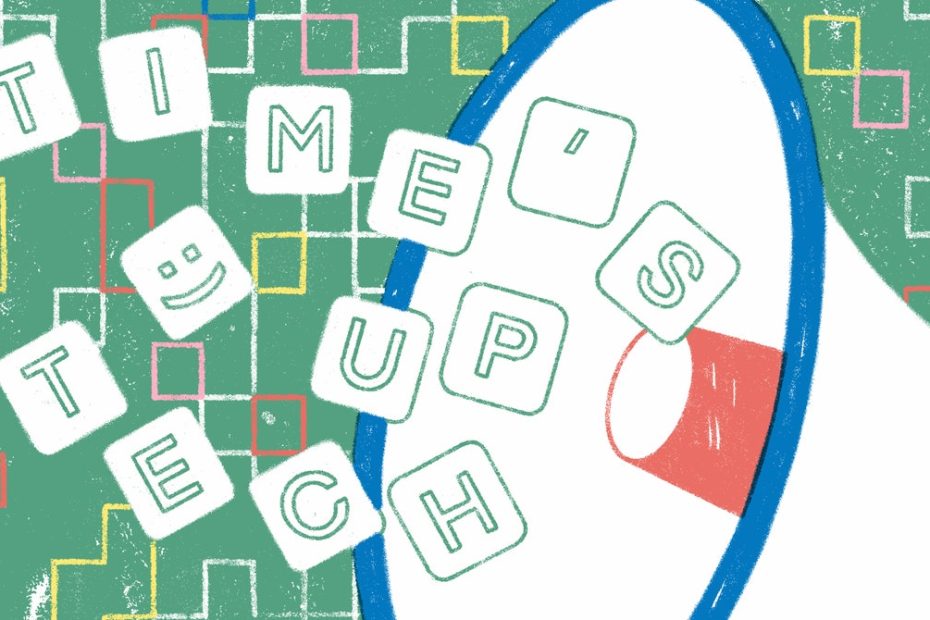The glow of the tech bros halo is dimming and in 2025 the sheen of glamor of the computer industry will also continue to fade. While other STEM fields are making strides in broadening participation in their workforces, computer science, a supposedly innovative field, has failed year after year to recruit, retain and respect women and non-binary workers. For example, precision questioning, abstraction, aggression, sexism, and a disregard for altruism – serving the social good – are some of the core values that drive the culture in computer workplaces. These values and the ways they are policed through bias, discrimination, and intimidation in high-tech companies make up the “Bro Code.”
The Bro Code perpetuates the high tolerance for sexual harassment. It also contributes to the field's failure to rectify strong segregation. Only 21 percent of computer programming positions are held by women. Of that 21 percent, only 2 percent are African American and only 1 percent are Latina. Although women are significantly under-represented in the sector overall, they are disproportionately affected by industry downsizing. For example, nearly 70 percent of the people laid off during the 2022 tech layoffs were women. This is consistent with my experience in Big Tech. As soon as the company went public, shareholders demanded annual layoffs. For the first two years, the only people fired from my department were women.
Furthermore, due to their vast wealth and masterful branding, Bro Code bosses believe they are wizards or priests. They tend toward authoritarianism, urged to suppress complaints and resistance. Some programmers imitate this behavior. In 2023, for example, tech bros stormed the Grace Hopper Celebration, the world's largest conference for women and non-binary tech workers. Female attendees I spoke with described men at the career fair who simply barged into line in front of them, and some said they were verbally harassed and assaulted.
By 2025, the march toward a future dictated by algorithmic lords will falter. Coalitions between feminist movements and labor activism will increase public scrutiny of tech culture. These efforts will begin to crack the Bro Code. Bro Code bosses talk a lot about its socially revolutionary impact, but participants in my study felt thwarted when they tried to use their technical skills to serve others. For example, Lynn reported that the eye-tracking device she developed to help people with disabilities was repurposed for marketing analysis; Shauna's labmates nicknamed her “accessibility bitch” when she worked on projects to help people without computer privileges.
As Big Tech continues to make empty promises instead of solutions to social problems – while dodging taxes, destroying regulations and fueling gaping wage inequality – the public will become increasingly disenchanted with the industry. In 2025, thwarted altruistic efforts like Shauna and Lynn's will accelerate growing skepticism about computers' service to humanity.
Disenfranchised tech workers will continue to help us hold Bro Code bosses accountable not only for failing to deliver on widespread altruism, but also for their attempts to hide the social harms of their products. As recent organizing efforts by tech workers show, strong coalitions among workers are what scares these ruling elites most. For example, in 2018, more than 20,000 Google employees around the world organized a strike against sexual harassment and systemic racism at the company. By 2025, activism against the militarization, racism, sexism, and economic exploitation in the tech industry will skyrocket beyond the space planes of the Bro Code bosses.

